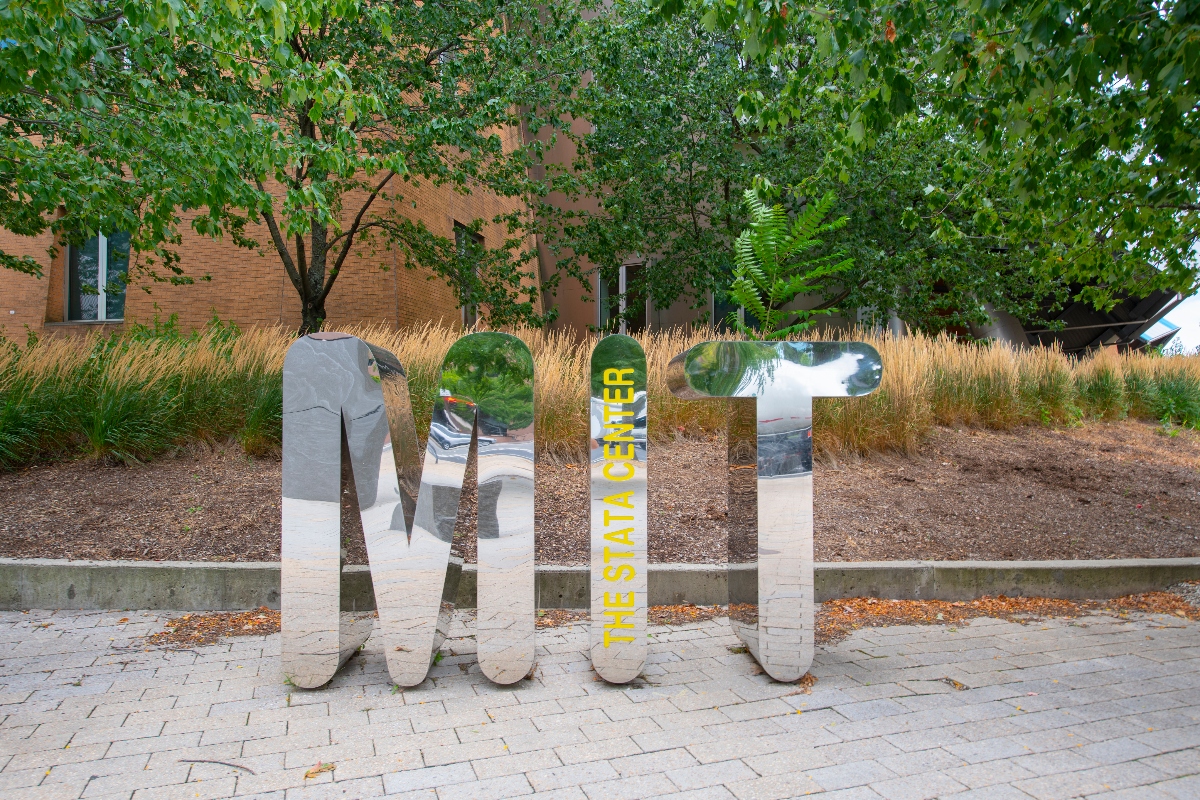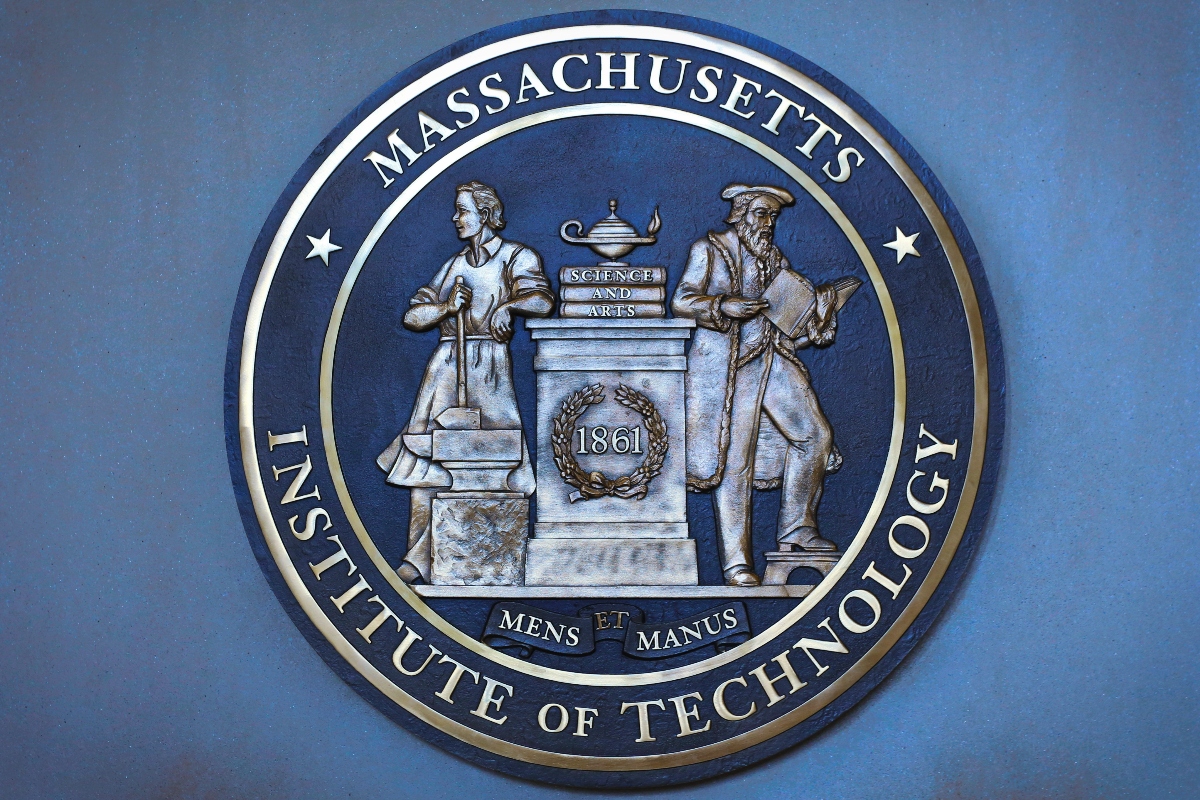The Massachusetts Institute of Technology (MIT), one of the most renowned universities in the world, publicly expressed its concern over a series of actions by the federal government that have affected the academic and research development of the institution.
According to a statement issued in April 2025 by its president, Sally Kornbluth, the interference has mainly impacted research funding and visa policy for foreign students.
Budget cuts

Since February, MIT has been subject to funding cuts from key federal agencies.
The first was imposed by the National Institute of Health(NIH), which implemented a sudden 15% reduction in reimbursements for indirect research-related expenses.
This has compromised critical areas such as hazardous materials handling and radiation safety.
More recently, the Department of Energy replicated the same type of cutback.
This puts at risk the work of more than 1,000 researchers linked to ongoing projects.
MIT is not alone: other universities in the country have joined a collective complaint, warning that this type of measure weakens U.S. scientific competitiveness.
Restrictions on students

In addition to the financial cuts, MIT also denounced the revocation of visas for nine people associated with the university since April 4.
These are graduate students, recent graduates and doctoral students, all of whom are affected without a clear explanation from the government.
The interference has mainly impacted research funding
QueOnnda.com
The institution warns that this type of decision undermines the country’s ability to attract highly qualified international talent.
A key element for technological innovation and academic excellence.
For university autonomy

Although the MIT president avoided linking her denunciation to ideological issues, such as those currently involving other universities such as Columbia and Harvard, the communiqué does stress the need to respect institutional autonomy and protect academic freedom from unilateral decisions by the federal government.
These tensions occur in a context in which academic and scientific sectors have expressed their concern about restrictive policies.
This, under the argument of national security or budgetary efficiency, limits innovation and educational development.
For the U.S. Hispanic community, especially those seeking academic opportunities at elite universities such as MIT, this situation represents a wake-up call about the immigration and budgetary challenges that could affect their educational plans.
For more information, visit QueOnnda.com.














